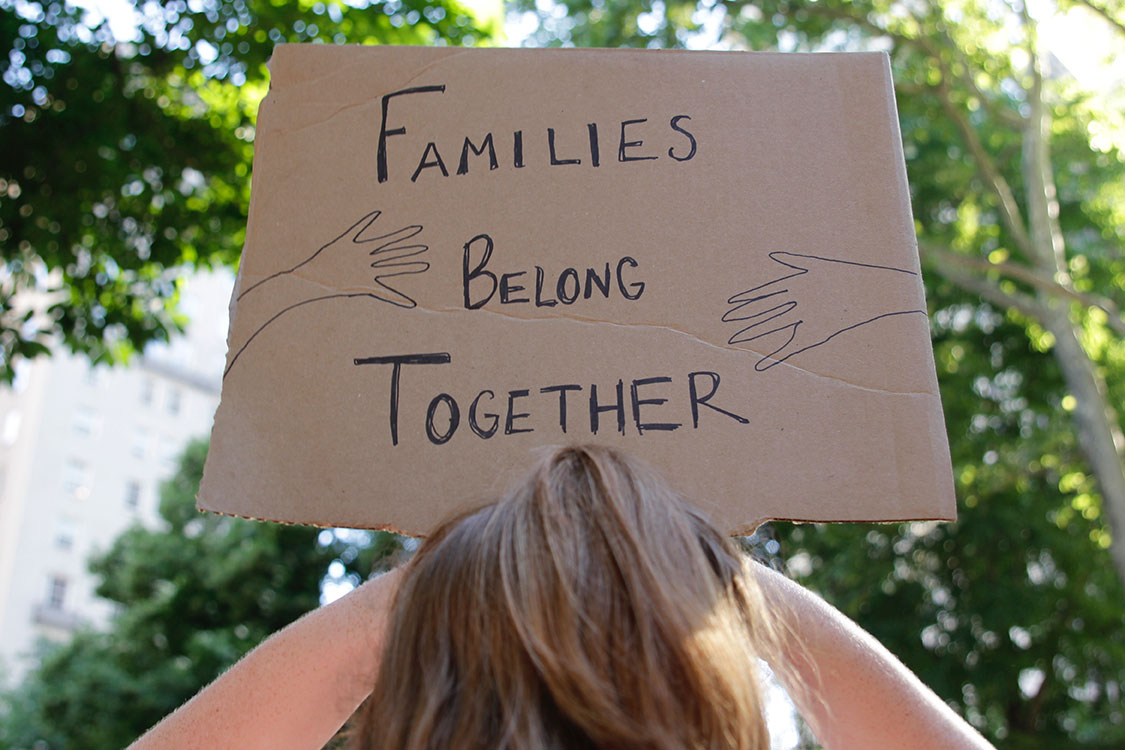
Photo by Jana Shea via Shutterstock
Photo by Jana Shea via Shutterstock
Nearly every child experiences the fear of being separated from their parents.
This fear is so well-characterized that it’s assessed by pediatricians as a developmental milestone. So elemental is this emotion that many of us as adults can still relate to the childhood terror of losing a parent—even if it was sparked by a moment’s separation in a grocery store or a park.
The evidence of the harm that’s done by removing children from their parents is equally reliable.
An increasingly solid body of research has demonstrated a link between stress experienced by children and a range of poor health outcomes, from obesity to asthma to heart disease. Studies have also drawn a connection between childhood trauma and dropping out of high school, or adult addiction. It’s known as “toxic stress”—and it rewrites the workings of the brain in ways that can be permanent, life-altering and even deadly.
This type of stress can be triggered by abuse, discrimination, or separation from a parent, as happens with incarceration. It is almost certainly affecting the more than 2,000 children torn from their parents at the U.S.-Mexico border since April.
The zero-tolerance immigration policy announced this spring directed that all people caught crossing the border should be criminally prosecuted. In effect, this has meant that children have been seized from their parents and warehoused in detention facilities.
Though an executive order on Wednesday reversed the policy of separating families at the border, it is unclear how children will be reunited with their parents. Some parents have been detained in an Immigration and Customs Enforcement facility in Aurora, and don’t know when they will see their children again, according to The Colorado Independent.
It is also not clear what will happen going forward to families who are apprehended at the border. In reversing the family separation policy, officials have sought to detain families together indefinitely, instead of the 20 days that is currently allowable by law.
The health consequences of these unconscionable actions are likely to be profound. For the children who are directly affected, there are likely to be physical and mental repercussions that last far beyond the period of their detention.
There also likely will be indirect consequences as well. Nonprofit organizations that serve immigrants have noted that policy changes have impacted documented and undocumented families alike in terms of their fear of being targeted. Many Colorado children live in families where one or more members may be undocumented and may experience similar toxic stress.
Health is not a zero-sum game. Allowing our neighbors to become ill with stress does not make us healthier. On the contrary: stress is contagious. It spreads in our schools, our workplaces and our neighborhoods. Breaking down any family makes us all unhealthier.
Immigration policy reform is very complex, with no easily identified path forward. But certainly we should not pursue approaches that support the devastating outcomes being experienced at our borders.